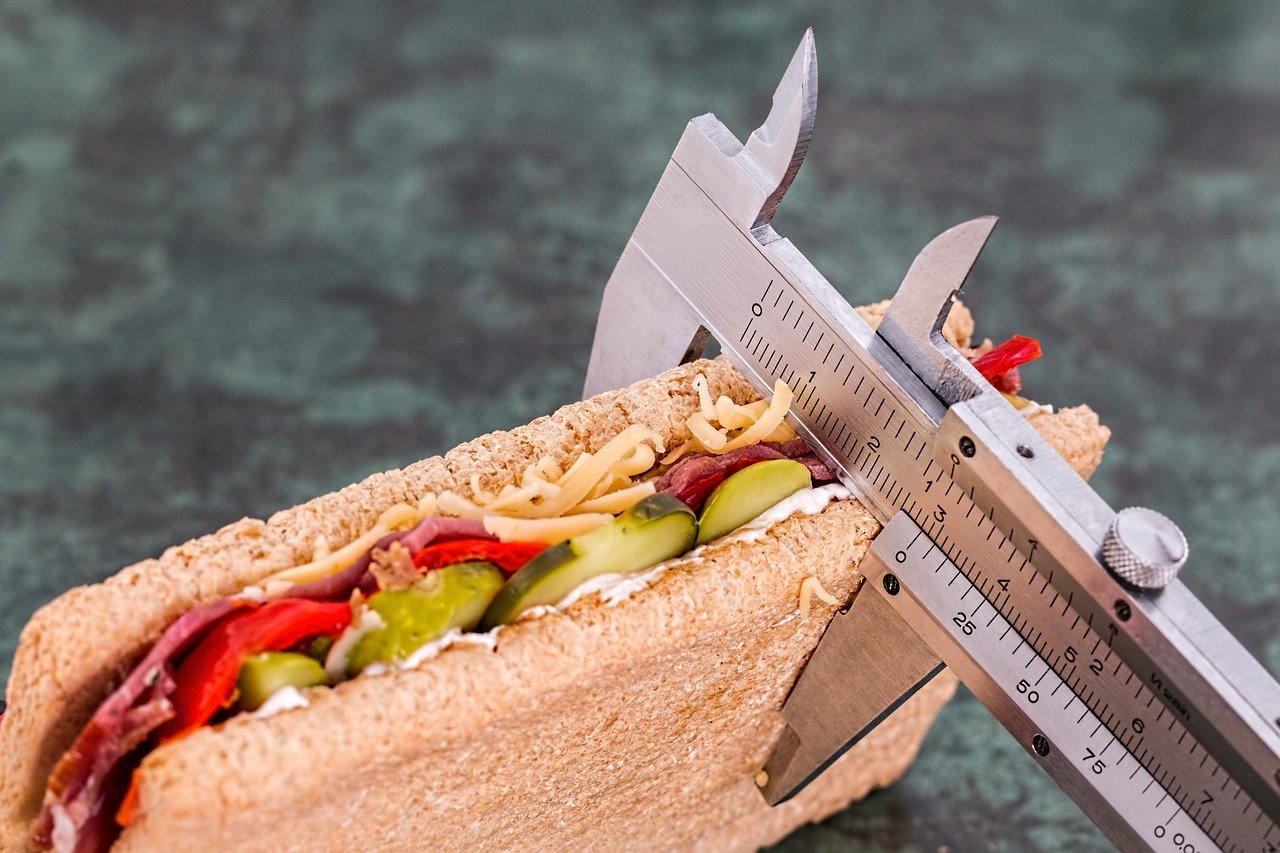Have you ever wondered what the number one rule for losing weight might be? In a world overflowing with diet plans, workouts, and endless health advice, it can be hard to sift through everything and find that one golden rule that could make all the difference for you. It’s easy to be overwhelmed with the array of choices and opinions out there. Understanding the fundamental principle that underpins successful weight loss can significantly ease your journey. Let’s explore this topic with a friendly and informative approach, providing you with useful insights and tips.
Get Started With Your Weight Loss Journey
Understanding Weight Loss: The Basics
Before diving deep into the number one rule, it’s essential to grasp the basic concepts of weight loss. Weight loss, at its core, is about creating a calorie deficit where you burn more calories than you consume.
Calories In vs. Calories Out
The balance between calories consumed and calories burned determines whether you lose, gain, or maintain weight. This simple equation is foundational to weight management. Understanding how your body uses energy can help you strategically plan your diet and activities.
Metabolism: Your Body’s Energy Converter
Metabolism is the process by which your body converts what you eat and drink into energy. It’s crucial in determining how quickly you burn calories. Factors like age, sex, muscle mass, and activity level influence your metabolic rate.
The Role of Macronutrients
Macronutrients — carbohydrates, proteins, and fats — play a vital role in how you feel and how your body functions. Balancing these in your diet is crucial for maintaining energy levels and supporting weight loss efforts.
The Number One Rule: Consistency is Key
Consistency is, without a doubt, the cornerstone of successful weight loss. Adhering to your chosen plan over time is what truly brings results, rather than sporadic efforts.
Why Consistency Matters
Consistency creates habits, and habits lead to sustainable change. When you consistently follow a balanced diet and exercise routine, your body adapts, and the positive changes start to become permanent.
Building a Consistent Routine
Creating a sustainable routine isn’t about making drastic changes overnight. It’s about setting achievable goals, tracking progress, and allowing flexibility when life throws curveballs.
Setting Realistic Goals
Setting realistic and achievable goals helps to keep you motivated. Break down your ultimate goals into smaller, manageable milestones, which helps in maintaining a positive outlook and avoiding burnout.
Tracking Progress
Keep track of your achievements and setbacks. This could be a food diary, exercise log, or progress photos. Seeing your progress can be incredibly motivating.
Allowing Flexibility
Life can be unpredictable, and being flexible is important. Allow yourself the occasional treat or rest day without feeling guilty. Flexibility helps in maintaining long-term consistency.

Learn More About Effective Weight Loss Strategies
Nutrition: Fuel Your Journey
Nutrition is a critical component of weight loss. What you eat significantly impacts your ability to lose weight and maintain it.
Balanced Diet: A Recipe for Success
A balanced diet includes all food groups in the right proportions, ensuring your body gets all the essential nutrients it needs.
Carbohydrates: Energy Powerhouse
Carbohydrates are the primary source of energy for your body. Choose complex carbs like whole grains, fruits, and vegetables for sustained energy.
Proteins: Building Blocks for Your Body
Protein helps with muscle repair and growth, making it essential for anyone looking to lose weight and tone up. Incorporate lean proteins like chicken, fish, beans, and legumes.
Fats: Essential Yet Often Misunderstood
Healthy fats, like those found in avocados, nuts, and olive oil, are essential for joint health and nutrient absorption. Don’t shy away from fats; instead, choose your fats wisely.
Portion Control: Quality and Quantity
Portion control helps to manage calorie intake. Even healthy foods can contribute to weight gain if eaten in excess.
Mindful Eating: Being Present
Mindful eating involves paying attention to what and how you eat. It enhances your appreciation of food and helps prevent overeating.
Hydration: Often Overlooked, Yet Crucial
Staying hydrated is often overlooked but plays a significant role in weight loss. Water aids digestion, improves metabolism, and sometimes even curbs unnecessary snacking.
Exercise: Move More, Live More
Physical activity is the counterpart to diet in the weight loss equation. Regular exercise helps to burn calories, increase muscle mass, and improve overall health.
Types of Exercises
Incorporating a variety of exercises keeps your routine interesting and targets different muscle groups.
Cardiovascular Exercises
Cardio exercises like running, cycling, or swimming increase your heart rate and burn calories, beneficial for weight loss.
Strength Training
Strength training builds muscle mass, which in turn helps to increase metabolism. More muscle means you burn more calories at rest.
Flexibility and Balance
Exercises like yoga and Pilates improve flexibility, balance, and can aid in stress reduction, complementing your weight loss journey.
Finding Enjoyment in Exercise
The best exercise routine is one that you enjoy and can stick with. Whether it’s dancing, hiking, or team sports, ensure it’s something you love.

The Importance of Rest and Recovery
While exercise and diet are crucial, rest and recovery are equally important for weight loss.
Sleep: Your Metabolism’s Best Friend
Adequate sleep supports weight loss by regulating hormones that control hunger and metabolism. Aim for 7-9 hours of quality sleep per night.
Active Recovery
Incorporate active recovery days with light activities like walking or stretching. This helps in muscle repair without overexerting your body.
Mental Health: The Psychological Aspect of Weight Loss
Your mindset significantly impacts your weight loss journey. Staying positive and reducing stress benefits not just your mental health but your physical goals too.
The Power of Positive Thinking
Cultivate a positive mindset to sustain motivation. Focus on positive affirmations and celebrate small victories.
Managing Stress
High stress leads to unhealthy eating habits. Practice stress-relief techniques such as meditation, deep breathing, or journaling.

Support and Accountability
Having a support system can make a big difference in achieving your weight loss goals.
Finding a Buddy or a Group
Join a weight loss group or find a buddy with similar goals. Sharing experiences and encouragement can keep you motivated.
Professional Help
Consider consulting nutritionists or personal trainers to provide expert guidance tailored to your needs.
The Final Word: Embrace Your Journey
Losing weight is a journey, not a destination. Embrace the process and celebrate every step forward. Remember, consistency is the number one rule for losing weight. Sticking to a balanced routine that encompasses nutrition, exercise, rest, and mental health is key to achieving and maintaining your weight loss goals.
Consistency allows you to create habits that lead to sustainable change, ultimately guiding you towards a healthier lifestyle. Remember, it’s not about perfection but progress. Keep pushing forward with patience and persistence, and you will see your hard work pay off.
Discover The Key To Successful Weight Management
